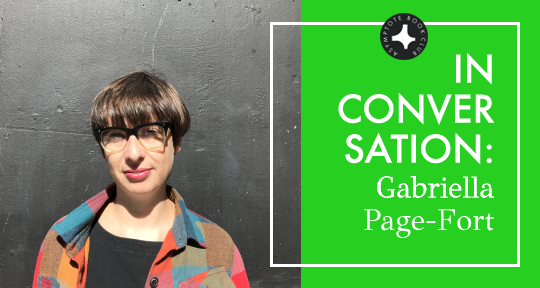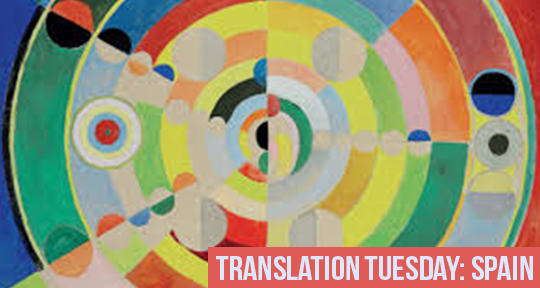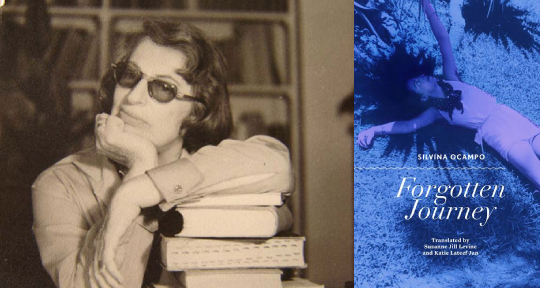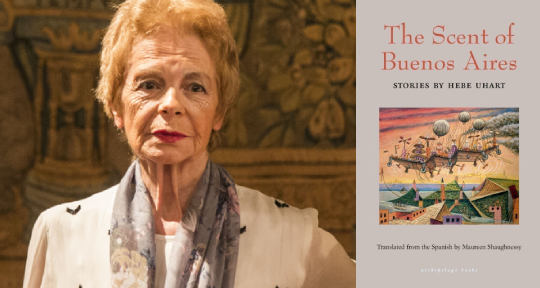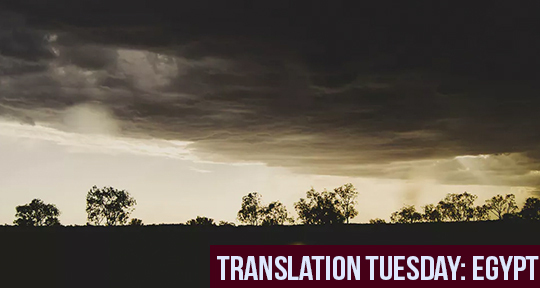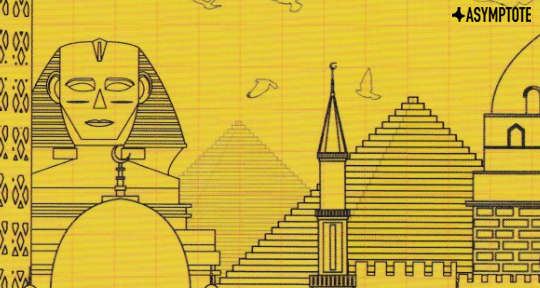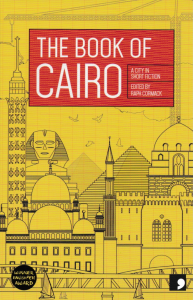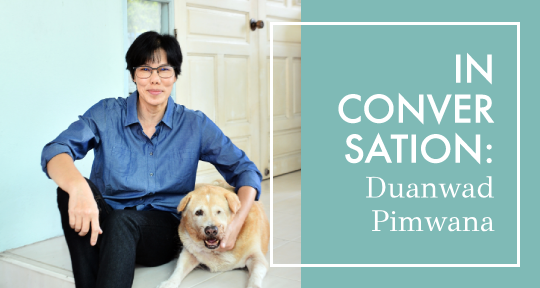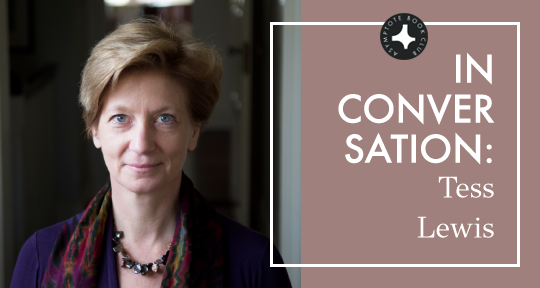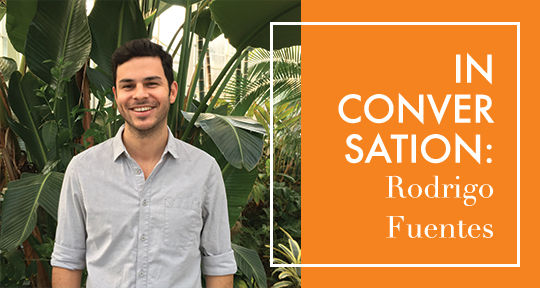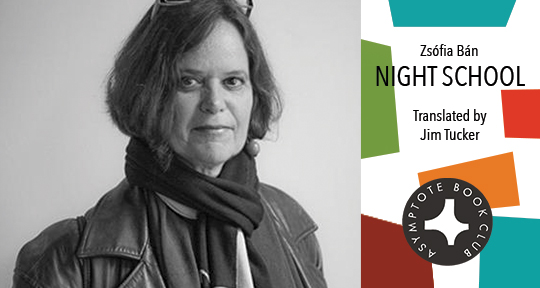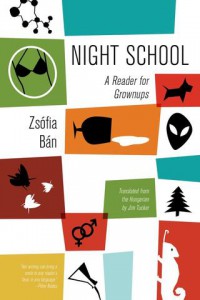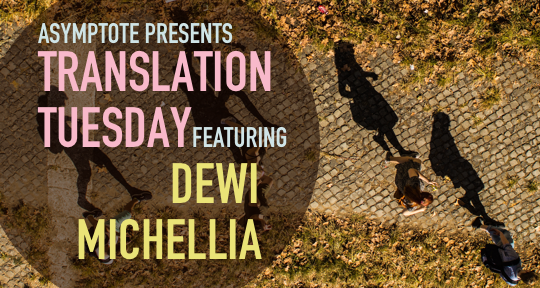One could not conceive of contemporary Ukrainian literature without Oksana Zabuzhko’s wide-ranging body of work coming to the mind’s forefront. With volumes of fiction, poetry, and essays to her name, her remarkable fusion of lyric and philosophy has earned her the unceasing admiration of both critics and the general public. We were enormously excited to present her latest English-language work, the short story compilation Your Ad Could Go Here, as our April Book Club selection. The eight tales are ripe with her signature eye for detail and acute insight into the heart of human matters, and signify the triumph of an author whose trusted voice remains her greatest tool in combating themes both personal and political. In the following interview, Allison Braden speaks to the volume’s editor, Gabriella Page-Fort, about the significance of Zabuzhko’s oeuvre and the impact of these powerful stories.
The Asymptote Book Club aspires to bring the best in translated fiction every month to readers around the world. You can sign up to receive next month’s selection on our website for as little as USD15 per book; once you’re a member, you can join the online discussion on our Facebook page!
Allison Braden (AB): How did you go about selecting and arranging the stories in this collection? What sorts of criteria, aesthetic or otherwise, did you consider?
Gabriella Page-Fort (GP-F): With topics ranging from Ukraine’s Orange Revolution to sexual empowerment and attractive tennis instructors, Your Ad Could Go Here is both wildly entertaining and intensely provocative. Oksana decided which stories to include and in what order, but translators Halyna Hryn, Nina Murray, and Askold Melnyczuk were also part of the conversation about how best to order these stories. The collection’s three central themes—sisterhood, truth, and aging—strike a balance between the personal and the political. The result is powerful: both a fairy-tale reverie and a feminist call to action; the book offers a window on twenty-first-century Ukraine and on ourselves. What would it feel like to have power? What structures that define our lives are worthy of our submission, and what are the true risks of, say, admitting weakness truthfully to a man?
AB: What was it like working with a diverse team of translators? Did you edit their work to create a cohesive narrative voice throughout, or did you welcome stylistic discrepancies from one story to the next?
GP-F: We worked with five different translators for this collection, each bringing their own element of style and theory to the text. This was a really exciting creative challenge. Oksana wrote these stories in a variety of voices, so a single tone for the whole collection would be inappropriate, but we also wanted to make sure the book flowed nicely. Rather than undoing the translators’ elegant individual contributions, Nina, acting as volume editor and an expert in Ukrainian translations and Oksana’s work, and I, with an eye toward an English-language reader, focused on developing patterns, such as consistent logic in punctuation choice, to result in a smooth read without compromising style or the diverse range of voices here. READ MORE…

